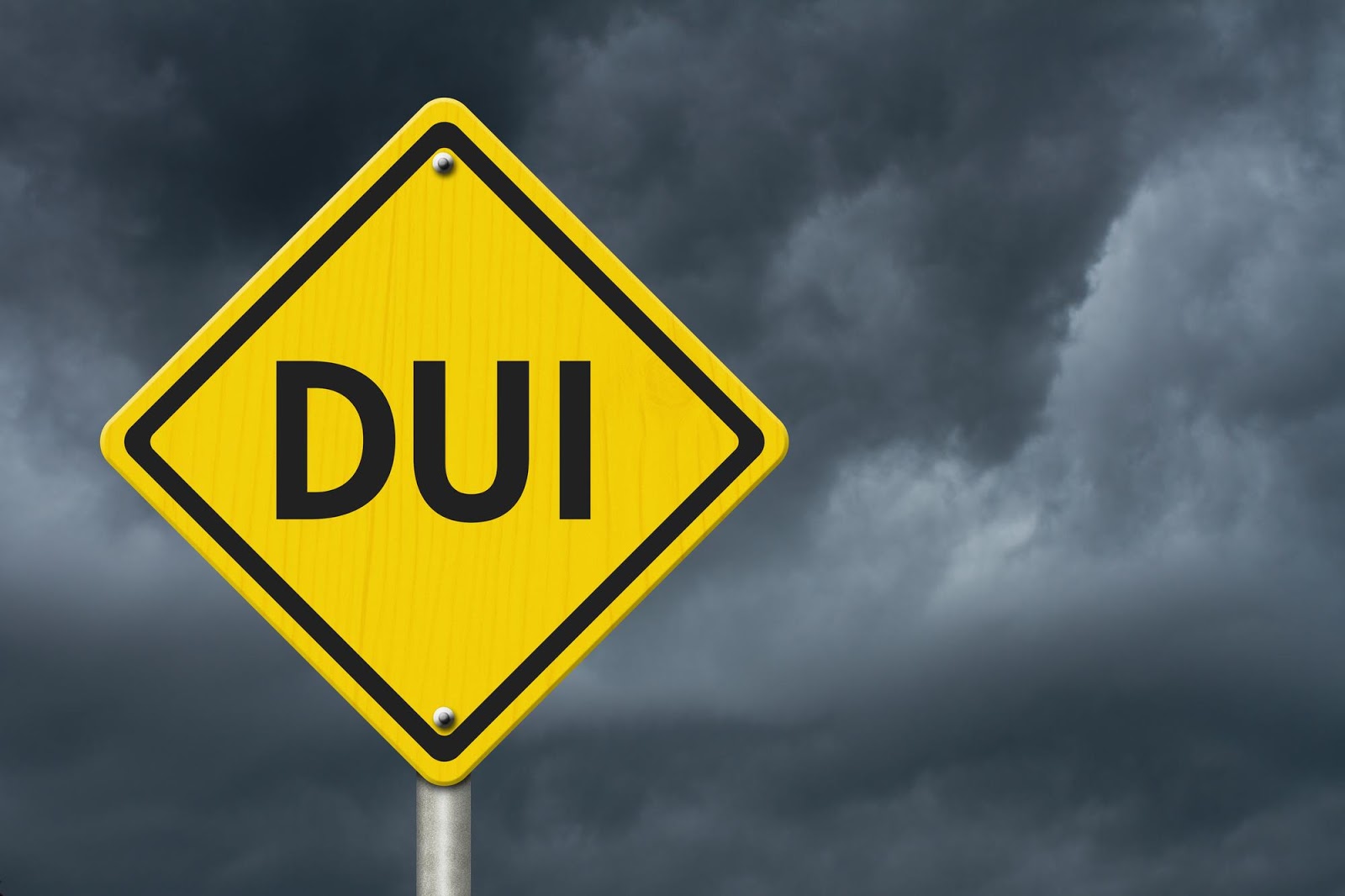
DUI vs DWI: What Is the Difference and Does it Matter?
Almost 30 people die every time a drunk driver gets behind the wheel. In other words, another life is lost every 50 minutes due to drunk driving.
About 1 million drivers are arrested for driving under the influence each year. Despite how commonly it happens, many people don’t know the difference between DUI vs DWI. Do you?
Keep reading to learn everything you need to know about the difference between a DUI and a DWI. Learning the difference between the two can help you protect your rights and avoid a conviction. Read on to learn more!
What Is a DUI Charge?
Before we talk about the difference between DUI vs DWI, let’s look at the two separately. What is a DUI charge, exactly?
The term “DUI” stands for driving under the influence. Notice the term doesn’t specify drugs or alcohol. You can actually get charged with a DUI for having either in your system while driving.
Whether or not you get charged with a DUI can depend on your blood-alcohol content (BAC) level, age, and location. In some states, you can get charged for having a BAC as low as 0.01%. For most states in the US, the legal BAC limit is 0.08%.

If it looks like you’re driving erratically and could become a danger to yourself or others, an officer might pull you over.
After pulling you over, the officer will likely have you complete a breathalyzer test. This test will determine your BAC level.
If you’re over the state’s legal limit, you could get charged.
However, an officer can also pull you over if they think you’re driving while under the influence. As an example, let’s say the breathalyzer test says you’re not over the legal BAC limit. If your behavior makes you seem impaired, the arresting officer might still charge you with a DUI.
DRE
An officer might call a Drug Recognition Expert (DRE) while on the scene to determine if you’re under the influence. The DRE will arrive and complete a series of tests beyond a breathalyzer test.
The examination requires a 12-step process. These tests are designed to determine if a DUI suspect is under the influence. The DRE protocol can also help determine what type of drugs are causing the driver’s impairment.
Experts have used the DRE protocol for years to identify and assess drug and/or alcohol impairment.
Florida DUI Charges
In the state of Florida, you can receive a DUI conviction if you’re driving with a BAC of 0.08% or higher.
A police officer might have you breathe into a breathalyzer to determine the alcohol concentration in your breath. If your breath is above the legal limit, the officer will take you into custody.
Your penalties will become more severe if your BAC is at .15% or higher.
A first-offense DUI is usually a misdemeanor. If someone was injured or died as the result of your driving, however, you could receive a felony charge.

You could also earn a felony DUI charge if you’ve received three DUI charges within a 10-year period.
If you’re charged with a DUI for the fourth time, you could receive felony charges regardless of the time period.
It’s not possible to get your DUI expunged in the state of Florida. Instead, the charge will remain on your legal record forever.
It’s important to understand your state’s specific laws regarding DUI charges. Then, you can protect your rights in case you’re charged with a DUI. You’ll know more about DUI charges in Florida after reading this guide.
What Is a DWI Charge?
DWI stands for driving while intoxicated. Some states, however, refer to DWI as driving while impaired instead.
Usually, the difference depends on whether you were driving while impaired by drugs or alcohol. In most states, a DWI implies you were driving while impaired by drugs.
The Difference
Are DUIs and DWIs the same thing? In some states, they are!
When determining the difference between DUI vs DWI, it depends on what state you’re in during the arrest. Some states use DUI and DWI interchangeably to refer to the same offense.
Either way, a DUI or DWI charge implies that you were endangering your life or an innocent party’s life while driving.Whether under the influence of drugs or alcohol, your ability to drive safely can become severely impaired.
Drunk driving crashes account for $44 billion in deaths and damages each year.
The penalties for a conviction can include:
- Fees and fines
- Disqualification from certain jobs (like driving a school bus)
- Community service (usually for first-time offenses)
- A mandatory jail sentence
- The loss of your license and driving privileges
Your insurance company might increase your rates or cancel your policy. Some states will require you to complete a drug and alcohol program as well.
In some cases, your penalties can become more severe. For example, the consequences can become worse if you refuse to take a breathalyzer test when you’re pulled over.
If you’re driving with a young passenger or a suspended license, it could make the consequences worse, too. Other factors that can impact your penalties include:
- Driving under the legal drinking age
- Having prior DUI convictions
- Driving recklessly
- Driving with a BAC higher than the state limit
If it’s your first-time offense, you might not receive jail time. Working with an experienced DUI lawyer could help your case.
Which Is Worse?

Now that you know more about the two convictions, you’re likely wondering, “is a DUI worse than a DWI?”
First, it depends on whether or not the state you’re in sees a difference between DUI vs DWI charges. Remember, your conviction can become worse based on certain factors, too. For example, you’ll receive more jail time if someone dies due to your driving.
DUI vs DWI: Understanding the Different Convictions
To recap, what’s the difference between DUI vs DWI? It depends on where you live and the circumstances of your case. Working with an experienced lawyer could potentially help you avoid serious consequences.
Looking for more helpful tips and guides? Explore the Lifestyle section of the blog today.




